The Victorian government is introducing new legislation that will see some organisations legally responsible for abuse committed by their employees. This includes members of religious institutions. This reform is designed to overcome major legal barriers that came to light following a 2024 High Court ruling, which made it more difficult for survivors of historical child abuse to seek justice.
In this article, abuse lawyer Natasha Robins breaks down the High Court’s 2024 decision, what it meant for victims of past abuse, the Victorian Government’s proposed legal changes, and the broader impact these reforms could have on religious and other institutions.
The High Court 2024 Ruling
The recent High Court decision in Bird v DP (2024) HCA 41 imposed a significant limitation on institutional liability for historical child sexual abuse in Australia. The Court ruled that the Catholic Diocese of Ballarat could not be held vicariously liable for the abusive actions of Father Bryan Coffey, as he was not an employee of the Diocese at the time of the abuse.
Rejecting previous lower court findings, the High Court determined that vicarious liability under Australian law applies strictly to formal employer–employee relationships, and not to relationships merely “akin to employment.” This decision narrows the scope for survivors to seek compensation via civil litigation and has prompted renewed calls for legislative reform to ensure institutions can be held accountable for the actions of individuals operating under their authority, even when not a direct employee.
The Impact of Historical Childhood Abuse
The 2024 High Court decision has sparked strong backlash from survivors of historical child abuse, as well as support agencies. Due to the legal principles upheld by the High Court, many survivors have seen their compensation claims delayed or denied. Survivors, advocacy groups, and community members have warned that the ruling weakens institutional accountability. There is growing concern that, without changes to the law, many survivors will be left without justice.
Proposed Law Changes
The Victorian Government has proposed new laws to reverse the impact of the High Court’s decision. These changes would see institutions legally responsible for abuse committed by affiliated individuals in the past, even if those individuals were not formally employed or engaged by the organisation at the time. While the government has expressed a preference for a national solution, it has committed to acting quickly on its own for now. If passed, this legislation would set a precedent for other Australian states to follow. It may also provide greater clarity for other high risk institutions such as schools and youth organisations, helping to ensure that victims of historical abuse have a fair chance to seek compensation and recognition of their abuse.
At Evolve Legal, we strongly support the proposed legislative changes and hope that other jurisdictions follow suit in standing up for survivors’ right to access a fair and just outcome.
How Evolve Legal Can Assist with Historical Childhood Abuse
Victoria’s initiative to hold religious institutions and other entities vicariously liable for historical abuse marks a game‑changing intervention to the precedent established by the High Court. It could offer survivors a long-sought remedy and set a new standard for institutional responsibility. For our institutional abuse lawyers working in this space, staying across these legislative changes is key to giving our clients the best advice and helping manage legal risks.
At Evolve Legal, we understand how difficult it can be to speak up about childhood abuse, and the long-lasting impact and trauma that abuse can have on a survivor. That is why we offer a free initial consultation to outline a survivor’s legal options. And unlike some firms, we don’t add a hidden “uplift” fee to legal costs – what we charge is clear from the start, so you won’t be hit with unexpected costs later on. You’re not alone, and we’re here to help you access the justice you deserve.
If you would like to know where you stand, please do not hesitate to contact us to arrange your free consultation.
Posted in: Personal Injury
June 23 2025




